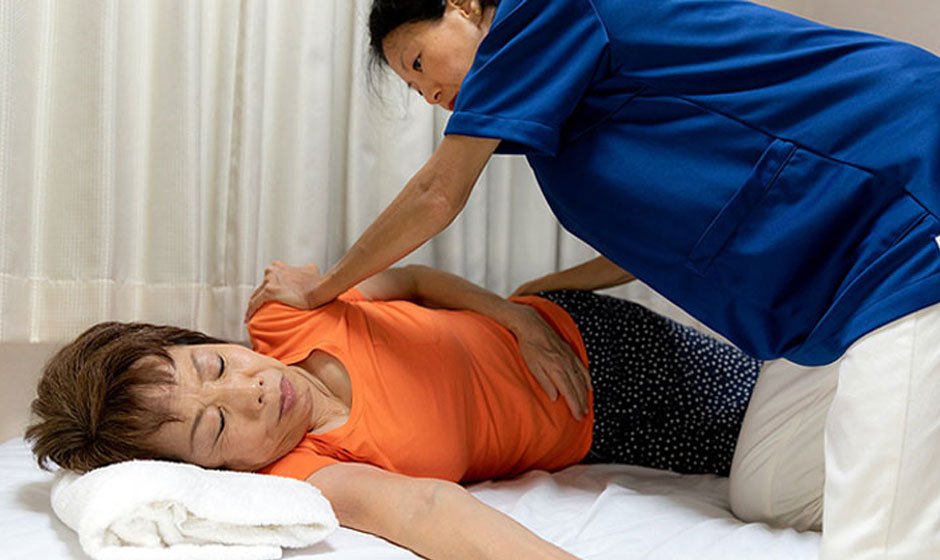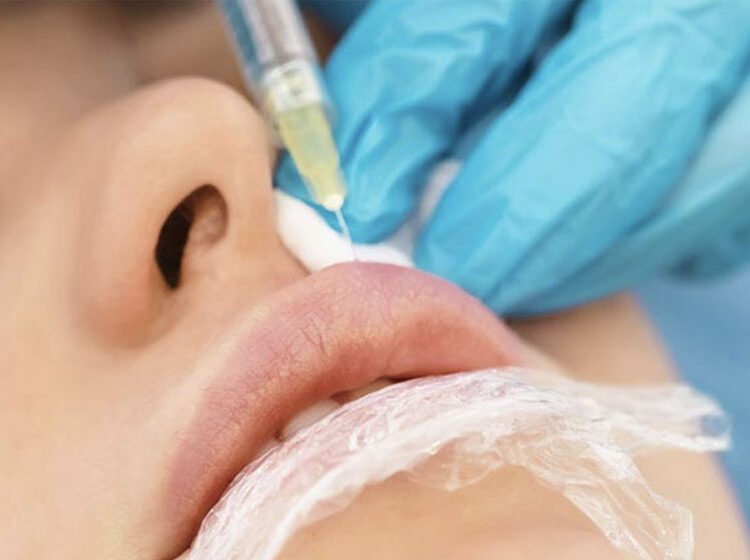Meta Description: Learn how to prevent bedsores and avoid painful pressure ulcers with these helpful tips. Protect your skin and maintain comfort and health.
Bedsores, also known as pressure ulcers or decubitus ulcers, are a common concern for individuals who are bedridden or have limited mobility. These painful sores develop when prolonged pressure is applied to the skin, resulting in tissue damage. In this blog post, we will explore effective strategies for preventing bedsores and provide valuable tips to help you or your loved one avoid these painful pressure ulcers.
Understanding Bedsores:
Bedsores typically occur when a person remains in one position for an extended period, causing pressure on certain body areas. The constant pressure restricts blood flow to the skin and underlying tissues, leading to tissue damage and ulcer formation. Common areas where bedsores develop include the heels, sacrum, hips, and elbows.
Bedsores and Assisted Living Negligence:
In many instances, the development of bedsores in an individual residing in an assisted living facility can be a sign of negligence. These facilities have a duty of care to their residents, which includes regularly repositioning those who are bedridden or have limited mobility to prevent pressure ulcers.
However, understaffing, inadequate training or simple neglect can lead to a failure in providing this essential care. When bedsores occur as a result, it can be a clear indication of substandard care. In such cases, the affected individual or their family may have grounds to seek legal recourse for the pain, suffering, and medical costs associated with treating these preventable injuries.
Prevention Strategies:
Taking proactive measures and following these tips can significantly reduce the risk of bedsores:
- Regular Repositioning: Change positions frequently to relieve pressure on specific areas. Use pillows, foam wedges, or specialized cushions to provide support and distribute pressure evenly.
- Maintain Skin Hygiene: Keep the skin clean and dry. Gently cleanse the skin with mild soap and warm water, pat dry, and apply a moisturizer to prevent dryness or cracking.
- Optimize Nutrition: Adequate nutrition is crucial for maintaining healthy skin. Consume a balanced diet rich in protein, vitamins, and minerals. Consult with a healthcare professional or registered dietitian for personalized dietary recommendations.
- Stay Hydrated: Drink plenty of fluids to keep the skin hydrated and reduce the risk of dryness or irritation.
- Optimal Bedding and Clothing: Choose comfortable, breathable bedding and clothing that minimizes friction and reduces the risk of skin breakdown. Avoid rough fabrics or tight-fitting garments.
- Regular Skin Inspections: Perform regular skin inspections to identify any potential areas of redness or irritation. Seek immediate medical attention if any changes are observed.
- Proper Wound Care: If a bedsore does develop, it is vital to seek medical advice for proper wound care. Follow the healthcare professional’s recommendations for cleaning, dressing, and protecting the wound.
- Specialized Support Surfaces: Consider using specialized support surfaces, such as pressure-relieving mattresses, overlays, or cushions, to distribute pressure and reduce the risk of bedsores.
- Maintain Overall Health: Manage underlying health conditions effectively and follow prescribed medications and treatments. Chronic illnesses, such as diabetes or circulatory disorders, can increase the risk of developing bedsores.
- Seek Professional Advice: Consult with healthcare professionals, such as nurses, doctors, or wound care specialists, for personalized guidance and recommendations based on individual circumstances.
Preventing bedsores is essential for individuals at risk of developing these painful pressure ulcers. You can significantly reduce the likelihood of bedsores by following simple yet effective strategies, such as regular repositioning, maintaining skin hygiene, optimizing nutrition, and seeking professional advice. Early intervention and proactive measures are key to protecting your skin, maintaining comfort, and promoting overall health.






